 |
The construction of an international financial center is determined to raise Vietnam's position in the global financial system. However, with Vietnam lagging behind many established financial centers in the world , it will face many challenges that need to be resolved. To clarify this content, the Banking Times reporter had an interview with Associate Professor, Dr. Dang Ngoc Duc, Director of the Institute of Financial Technology, Dai Nam University.
What does building an international financial center in Ho Chi Minh City and Da Nang mean to Vietnam? And with our latecomer status, many elements of our international financial center have not yet met international standards. What challenges need to be resolved, sir?
Assoc.Prof.Dr. Dang Ngoc Duc: It can be said that the international financial center is the “peak of the market economy ”. It is very meaningful when Vietnam is still on the path to be recognized as a true market economy. And because of that, I think that the process of building and developing an international financial center located in Ho Chi Minh City and Da Nang of Vietnam will have to overcome many difficulties and challenges. Of which, the three biggest difficulties and challenges include:
The first is the difficulty in the development of financial infrastructure and institutions. In essence, an international financial center is an official/centralized financial market, or the “core” of the financial market. Thus, for the market to operate effectively, five basic elements of the market must be ensured, including: traded goods; participating subjects/customers; financial infrastructure; supervisory management agencies; and regulatory systems.
Despite extensive reforms, Vietnam has yet to perfect its legal framework, tools and methods for controlling the operations of international financial centers. This could reduce the competitiveness of attracting capital flows, especially international capital flows, and reduce the operational efficiency of international financial centers.
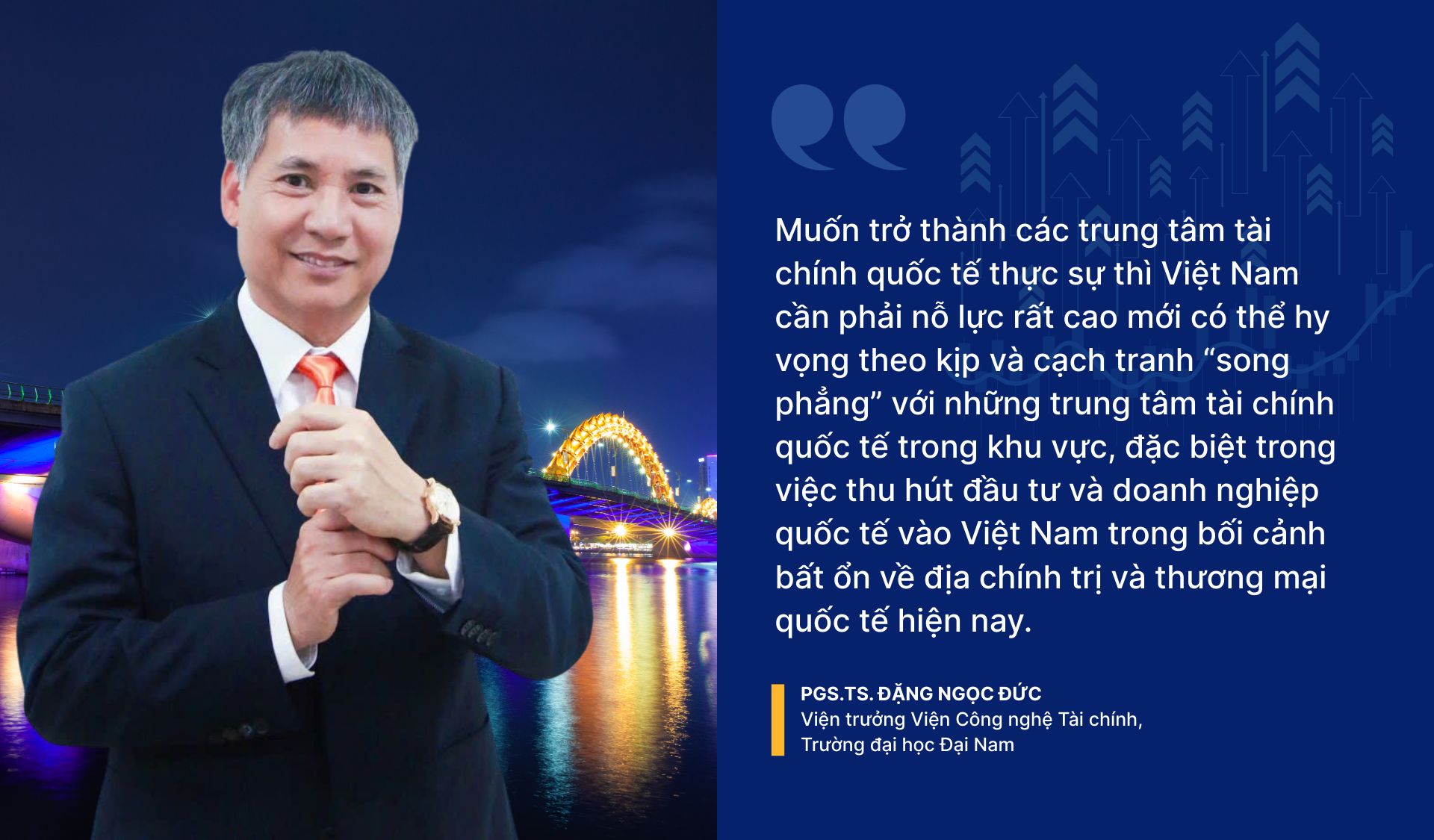 |
Second is the difficulty in human resources with high expertise and professionalism. To operate international financial centers, a team of professional and highly skilled human resources in finance, technology and management is a decisive condition. However, in reality, human resources in the field of Finance - Banking in Vietnam have not met the requirements in terms of both quantity and quality, especially skills and professionalism, and this is a challenge because it cannot be easily solved overnight.
Third, even if Vietnam's international financial center is established as quickly as possible according to its orientation and determination to implement the set plan, it will still have to go through a certain roadmap to achieve stability and development, while international financial centers of countries in the region such as Singapore and Hong Kong (China) have a solid position with modern infrastructure, stable legal environment and high-quality human resources.
Therefore, competing with the above mentioned international financial centers is clearly a huge challenge for Vietnam. To become a true international financial center, Vietnam needs to make great efforts to hope to keep up with and compete “on an equal footing” with international financial centers in the region, especially in attracting international investment and businesses to Vietnam in the current context of geopolitical and international trade instability.
What advantages and foundations do we have that we can leverage when building an international financial center? And what recommendations do you have about the “gap that needs to be filled”?
Assoc. Prof. Dr. Dang Ngoc Duc: To be fair and objective, the international financial center established in Vietnam also has certain advantages, from political and macroeconomic stability, from population size, unsaturated investment market (through ICOR, MEI indexes, ...), the foundation to attract investment capital (FDI) from enterprises in Taiwan, Korea, Japan, the United States, ... In order for Vietnam's international financial center to take advantage of the above opportunities and be able to compete, attract investment capital and foreign enterprises, in my personal opinion, Vietnam needs to focus on implementing the following priority tasks:
First of all, it is necessary to perfect the legal system to create a favorable and stable legal environment, because investors of any country give top priority to places with clear, transparent, stable and predictable legal corridors.
Along with tax and financial incentives, issues of ownership and control of capital flows need to be innovated, towards international standards to create attractiveness and peace of mind for investors. The goal of all investors and businesses participating in the market is to make profits, realize profits and transfer profits back to the country. Therefore, it is necessary to continue to innovate the financial system towards financial liberalization (liberalization of current accounts and capital accounts) to ensure that capital transactions take place smoothly in accordance with the basic rules of the market economy.
Next is to develop financial infrastructure in the direction of modernization/technology on the basis of promoting investment in financial technology (fintech) to optimize payment services and transactions. This will help increase efficiency and reduce costs for investors and businesses. At the same time, it is necessary to prepare and equip Ho Chi Minh City and Da Nang (areas identified as the location of the international financial center) with international standard facilities that meet operational requirements and are effectively and flexibly monitored according to international standards.
Third, improve the quality of human resources in the financial sector by combining domestic and foreign training; combining training and attracting talents to work in international financial centers. Reality shows that many Vietnamese people are very capable, experienced and highly ranked, working abroad have returned home or are willing and ready to return home (especially technology experts). Therefore, it is necessary to create a more favorable working environment than just with suitable short-term remuneration policies. In addition, it is possible to promote international cooperation programs and improve the domestic working environment to supplement human resources, attract foreign experts to work, thereby helping Vietnam improve its international competitiveness.
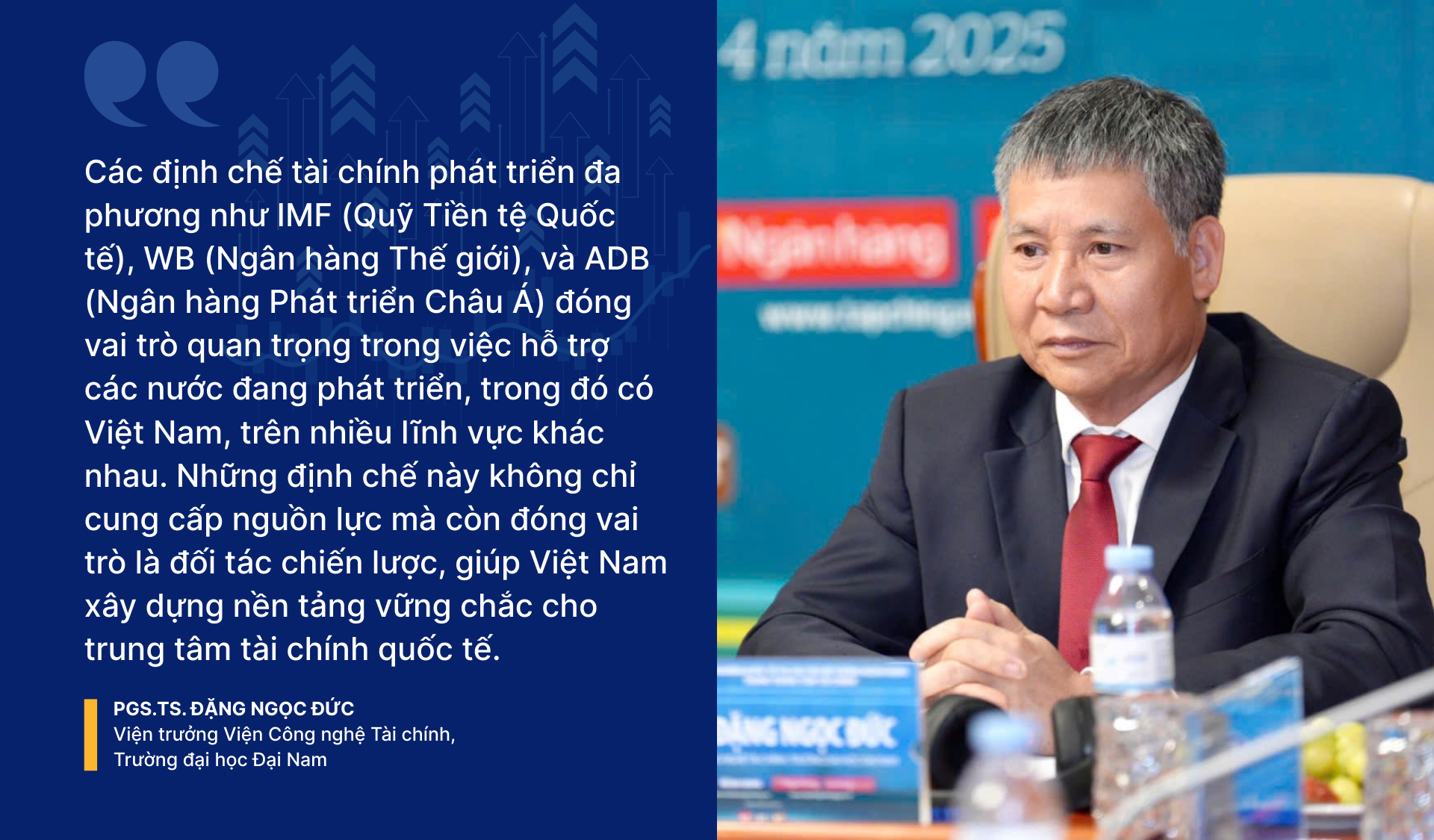 |
Fourth, it is necessary to promote the image and build the brand so that more and more foreign investors and businesses know about Vietnam. Accordingly, it is encouraged to promote the promotion strategy to introduce the potential and advantages of the international financial center in Ho Chi Minh City and Da Nang through different channels: organizing scientific seminars and international financial events, cooperating with major financial organizations such as IMF, WB, ADB and other international organizations to enhance the prestige and reputation of Vietnam.
Fifth, it is necessary to take advantage of the strategic geographical location in the heart of the Asia-Pacific region, where many dynamic economies and the trend of “development pivoting” to the region of the United States, Europe and other countries. Taking advantage of this location to connect with major financial markets and participate more deeply in the global value chain and supply chain will create a driving force to promote investment and attract international capital flows.
Vietnam is a member and has very good relations with multilateral development finance institutions. What is the role of these institutions in the development of international financial centers in Vietnam? What should we do to take advantage of that support?
Associate Professor, Dr. Dang Ngoc Duc: Multilateral development financial institutions such as the IMF (International Monetary Fund), WB (World Bank), and ADB (Asian Development Bank) play an important role in supporting developing countries, including Vietnam, in many different fields. These institutions not only provide resources but also act as strategic partners, helping Vietnam build a solid foundation for an international financial center.
In my opinion, to develop an international financial center in Vietnam, enhancing cooperation and taking advantage of the support of these institutions needs to be identified as a strategic solution.
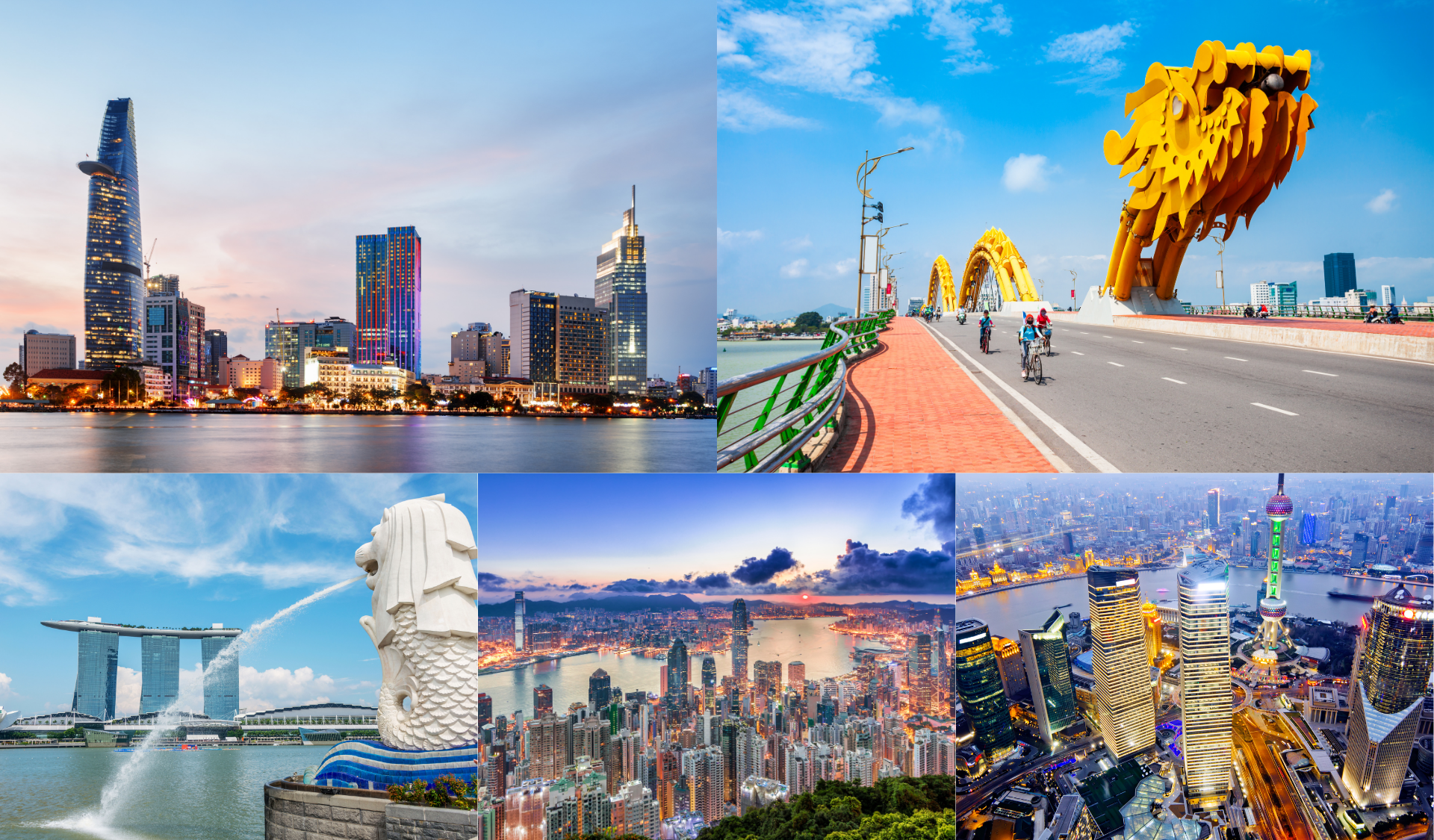 |
With financial and technical support, one of the regular activities of the IMF, WB and ADB is to provide financial support when necessary to maintain macroeconomic stability and improve the financial system. Vietnam is in need of all three of these support contents for the construction and development of an international financial center, including financial resources, macroeconomic stability, and improvement of the financial system towards liberalization as mentioned above. More specifically, the WB and ADB also provide preferential loans and technical assistance to develop financial infrastructure, technology and management.
Regarding policy and reform advice, while the IMF has “technical assistance groups” to support Vietnam in perfecting effective monetary and fiscal policies, helping to improve the investment environment and manage financial risks, the WB and ADB have an advisory role on institutional and policy reforms to enhance the transparency, efficiency and sustainability of the financial system.
Regarding promoting sustainable development, ADB focuses on supporting Vietnam's transition to a green and sustainable economy, including the development of green financial technologies and banking; WB supports urban development projects and sustainable financial infrastructure, helping to enhance the competitiveness of financial centers.
In addition, these institutions also play a very important role in helping Vietnam access the global financial system, creating favorable conditions for attracting international investment capital and foreign enterprises.
To make the most of the support from the IMF, WB and ADB in building and developing an international financial center, in my personal opinion, Vietnam needs to take the following steps: First, build a clear cooperation strategy by identifying specific goals in developing a financial center and closely coordinating with these financial institutions to achieve those goals. Second, take advantage of the support from the IMF, WB and ADB to improve institutions and policies, especially improving the legal environment, enhancing transparency and efficiency in financial management. Third, direct capital and technical assistance to investment in modern financial infrastructure, including payment systems, financial technology and international financial services. Fourth, it is necessary to take advantage of training programs from the IMF, WB and ADB to develop a team of financial, technological and management experts. Five is to leverage the global network of these institutions to connect with international partners, attract investment and learn from other countries' experiences.
When talking about the activities of international financial centers, it is impossible not to mention the role of commercial banks. So, how should Vietnamese commercial banks prepare for these activities?
Assoc. Prof. Dr. Dang Ngoc Duc: In reality, financial centers around the world are formed either on the basis of a developed banking system (such as financial centers in Europe), or on the basis of non-bank financial intermediary institutions (such as financial centers in the United States, Japan, etc.).
For Vietnam, the banking system currently occupies the central position and role of the entire financial system in terms of both scale/proportion of transfer and capital provision for the economy. Therefore, commercial banks will continue to play a central role in the operation of Vietnam's international financial center.
It is possible to outline some basic activities of commercial banks at the financial center and thereby propose some ideas to Vietnamese commercial banks, which need to be prepared for the establishment and operation of an international financial center.
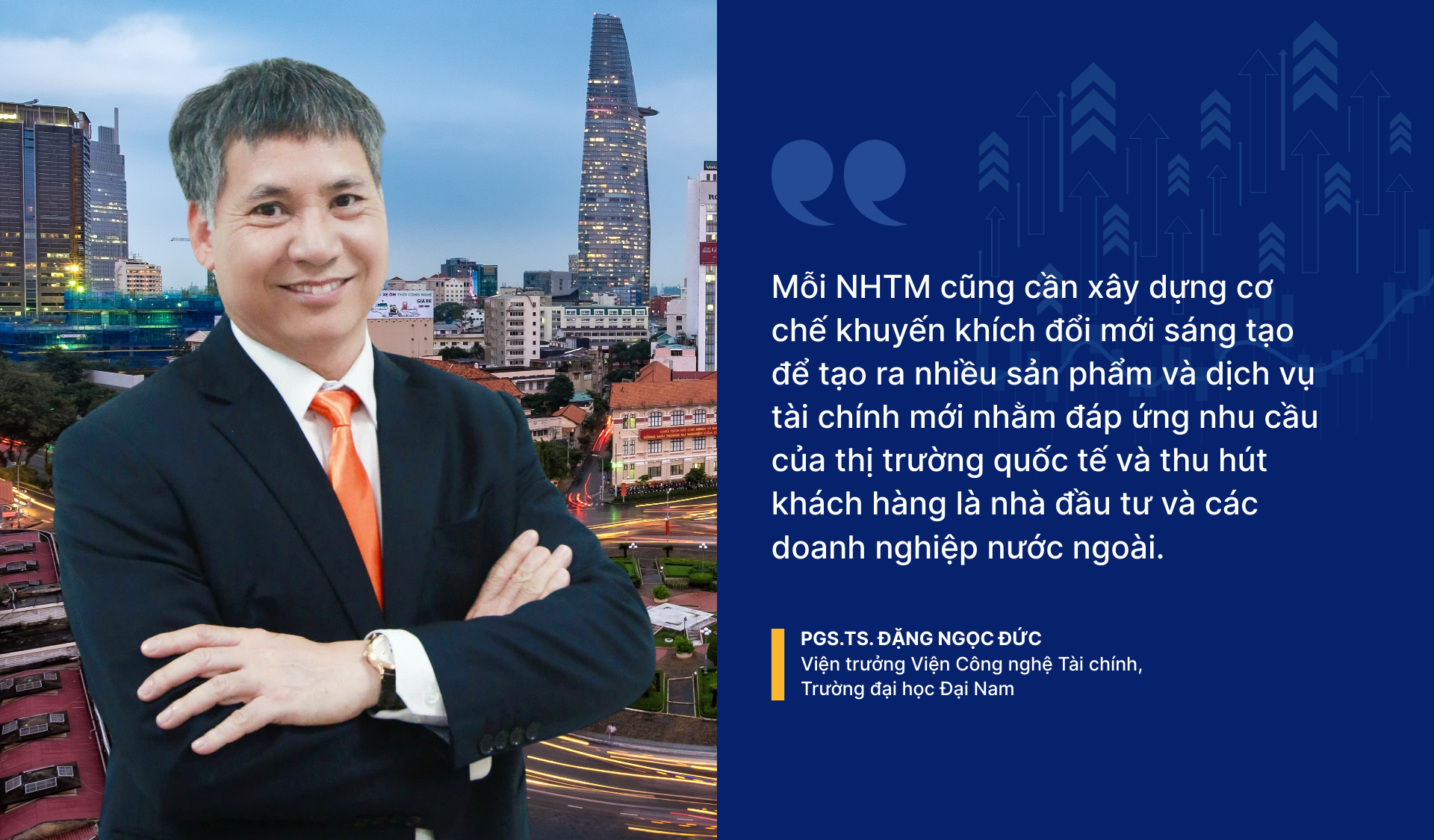 |
Firstly, providing international financial services, including cross-border payment services, asset management, international credit and foreign trade finance, supporting international investment activities.
Second, mobilizing and allocating international capital, acting as a bridge between international investors and domestic enterprises and projects, helping to mobilize capital and allocate resources effectively.
Third, develop modern financial products such as derivatives, risk insurance, and modern banking services applying technology (fintech) to meet the diverse needs of investors and international businesses.
Fourth is financial risk management to ensure the safety of transactions and investments.
Fifth, it is appropriate to respond to the management and regulation of the State Bank to ensure the effectiveness and efficiency of monetary policy as well as other macroeconomic policies, contributing to the stability and growth of the Vietnamese economy.
In order for Vietnamese commercial banks to deploy activities and fully promote their role in the operation of the international financial center, there are some recommendations for Vietnamese commercial banks: It is necessary to invest in improving capacity and applying modern technology, developing databases and data connection mechanisms within each commercial bank as well as between commercial banks (open banking) to be able to deploy digital banking services, apply big data analysis, AI, IoT, Blockchain, etc. to increase business efficiency and security.
 |
To take advantage of investment in technology development, training and developing high-quality human resources will be meaningful. Therefore, it is necessary to focus on training a team of employees with deep expertise in finance and international investment, risk management in a globalized environment and modern financial technology.
At the same time, it is necessary to improve business operations and business management towards international standards and practices, first of all fully meeting the requirements and pillars of Basel II, then continuing to apply Basel III international standards and international standards and practices according to other bilateral and multilateral commitments to enhance risk management capabilities and ensure financial safety domestically and globally.
Banks also need to strengthen cooperation with commercial banks and international financial institutions to expand their business networks, increase the number of partners and correspondent banks, and expand strategic markets in countries in the region and around the world to both meet the needs of international banking operations and learn from experience and access technology transfer.
Each commercial bank also needs to develop a mechanism to encourage innovation to create many new financial products and services to meet the needs of the international market and attract customers who are investors and foreign businesses.
Performed by: Thai Ha | Photo: Hoang Giap | Presented by: Lam.TV
Source: https://thoibaonganhang.vn/xay-dung-trung-tam-tai-chinh-quoc-te-nhung-thach-thuc-can-hoa-giai-163029-163029.html




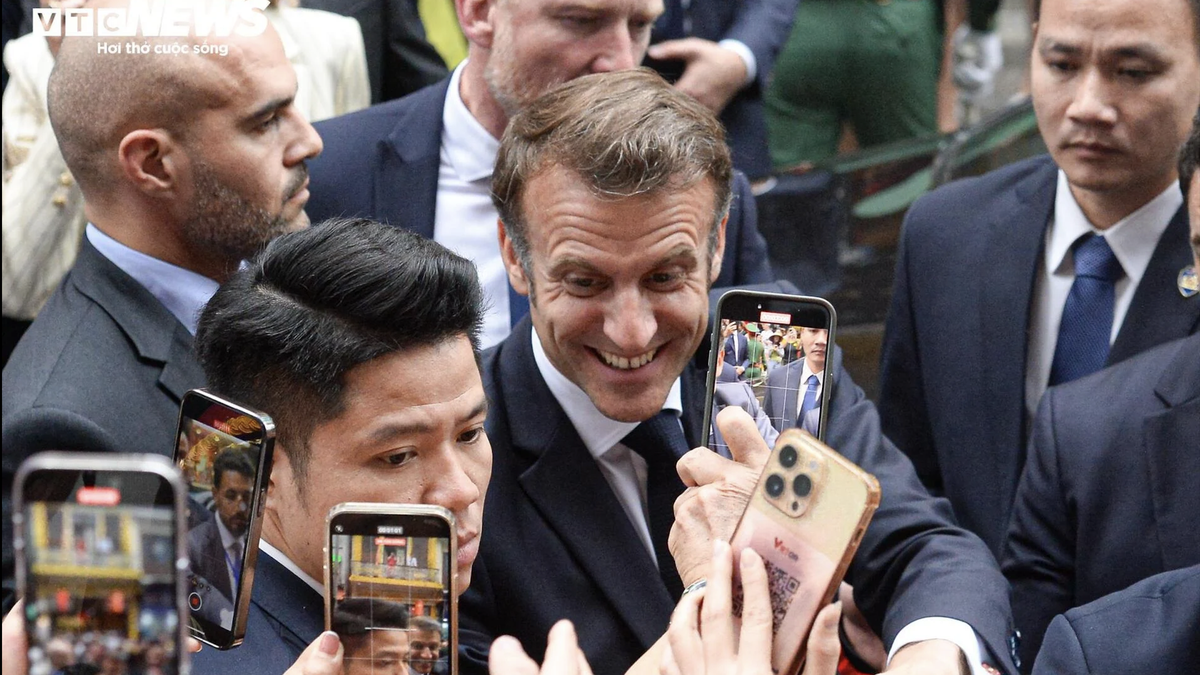
![[Photo] Prime Minister Pham Minh Chinh meets with Hungarian President Sulyok Tamas](https://vphoto.vietnam.vn/thumb/1200x675/vietnam/resource/IMAGE/2025/5/29/dbcaa73e92ea4448a03fe1d0de6d68e8)
![[Photo] Vietnamese and Hungarian leaders attend the opening of the exhibition by photographer Bozoky Dezso](https://vphoto.vietnam.vn/thumb/1200x675/vietnam/resource/IMAGE/2025/5/29/94d8ceca5db14af3bf31285551ae4bb3)















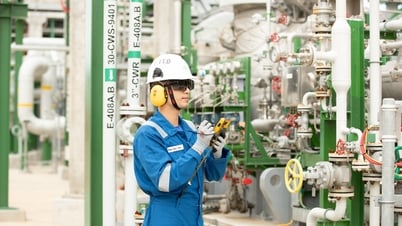
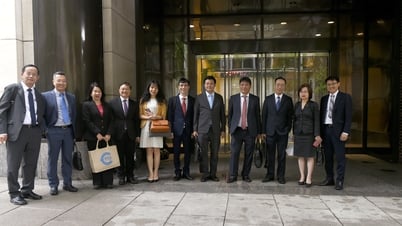
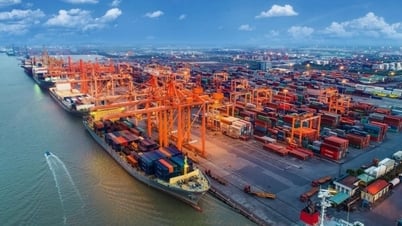

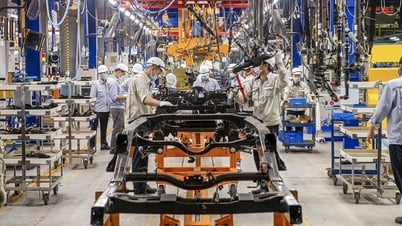
![[Photo] Prime Minister Pham Minh Chinh receives a bipartisan delegation of US House of Representatives](https://vphoto.vietnam.vn/thumb/1200x675/vietnam/resource/IMAGE/2025/5/28/468e61546b664d3f98dc75f6a3c2c880)

















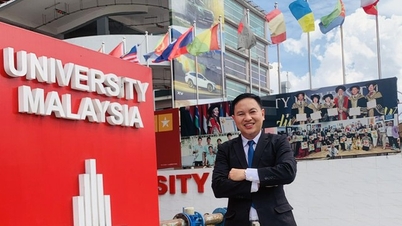





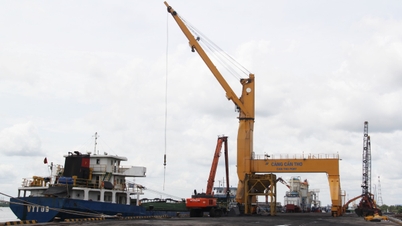


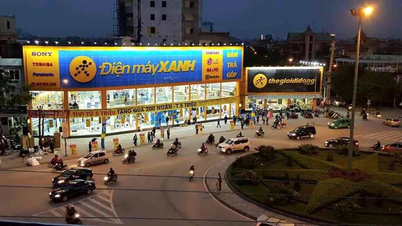
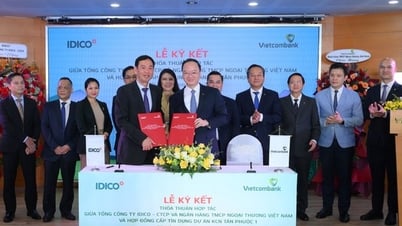





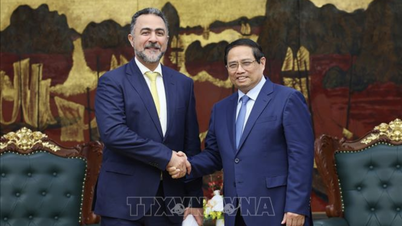




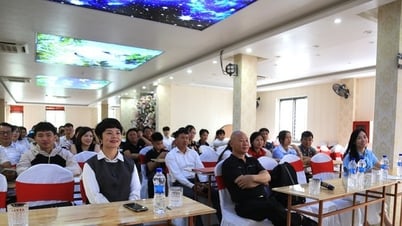




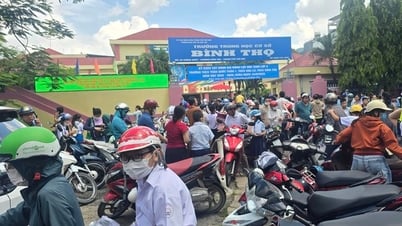

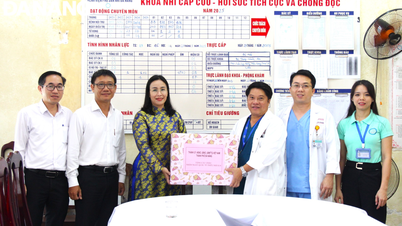



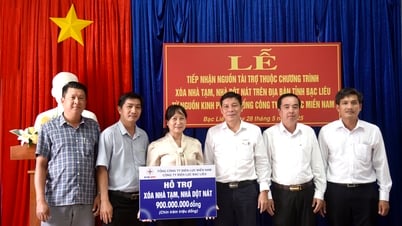

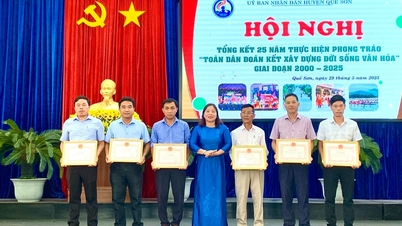









Comment (0)